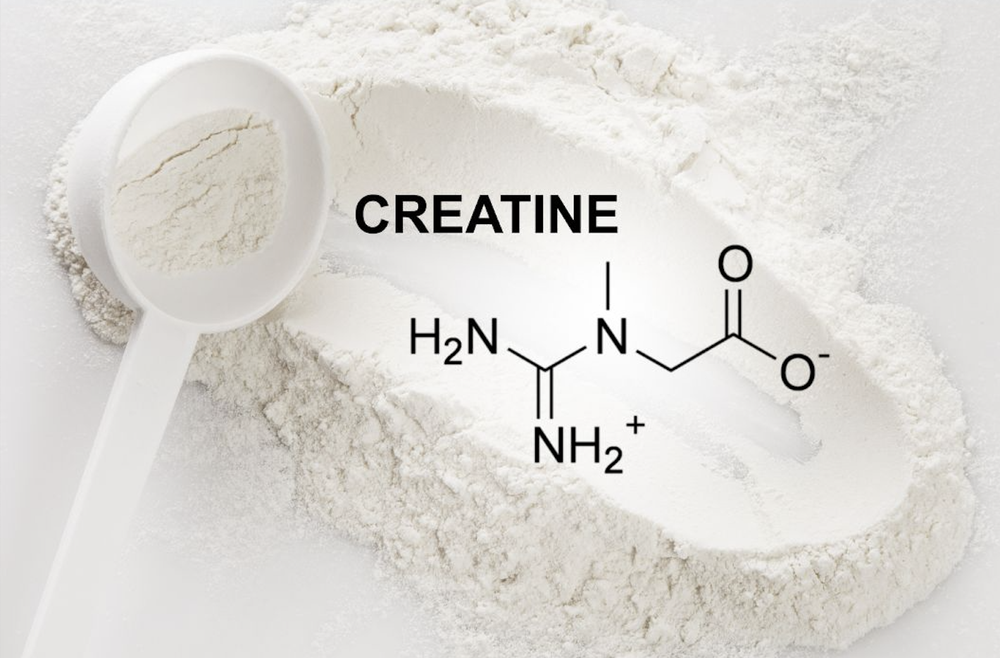Creatine has long been associated with powerlifters, bodybuilders, and sprinters looking to enhance strength and explosive power. However, its potential benefits for endurance athletes have been a topic of growing interest. Traditionally, endurance athletes focus on optimizing oxygen utilization, maintaining glycogen stores, and improving aerobic capacity. But can creatine supplementation provide a competitive advantage on race day? This article explores the science behind creatine and its implications for endurance athletes looking to gain an edge.
Understanding Creatine and Its Role in the Body
Creatine is a naturally occurring compound found in small amounts in foods such as red meat and fish. It is also synthesized in the body from amino acids like glycine, arginine, and methionine. Stored primarily in skeletal muscle as phosphocreatine, it plays a crucial role in rapid energy production by replenishing adenosine triphosphate (ATP), the body’s primary energy currency.
For endurance athletes, whose energy demands are largely met through aerobic metabolism, creatine may seem irrelevant. However, research suggests that it can support endurance performance by aiding in energy recovery, buffering acid accumulation, and even enhancing cognitive function under fatigue.
How Creatine Benefits Endurance Athletes
Improved Energy Efficiency
Endurance athletes rely primarily on aerobic metabolism, but during high-intensity bursts such as hill climbs, surges, or sprints to the finish line, ATP is rapidly depleted. Creatine supplementation increases phosphocreatine stores, allowing faster ATP regeneration and potentially delaying fatigue during these critical moments.
Enhanced Recovery and Muscle Preservation
Long-distance running, cycling, and swimming impose significant stress on muscles, leading to micro-tears and inflammation. Research has shown that creatine supplementation can reduce muscle cell damage and inflammation post-exercise, promoting faster recovery. A 2019 study in the Journal of the International Society of Sports Nutrition found that athletes supplementing with creatine experienced a 20% reduction in markers of muscle damage compared to those who did not.
Hydration and Thermoregulation
Creatine increases intracellular water retention, which may be beneficial for endurance athletes competing in hot and humid conditions. Better hydration status can help maintain performance, prevent cramps, and delay the onset of dehydration-related fatigue.
Cognitive Benefits Under Fatigue
Endurance races are as much a mental battle as a physical one. Prolonged exertion can impair cognitive function, decision-making, and reaction time. Creatine has been shown to support brain energy metabolism, potentially improving focus and reducing mental fatigue in long races.
Scientific Evidence Supporting Creatine for Endurance Athletes
Performance Enhancements in Endurance Sports
A study published in Medicine & Science in Sports & Exercise demonstrated that creatine supplementation improved repeated sprint performance in endurance-trained athletes. Another study in Amino Acids (2021) found that cyclists who supplemented with creatine had improved power output during high-intensity intervals without negatively affecting overall endurance capacity.
Impact on Aerobic Metabolism
One concern among endurance athletes is that creatine may cause weight gain due to water retention, potentially hindering performance. However, research indicates that this effect is minimal when appropriate dosages are used. A meta-analysis in Nutrients (2020) concluded that creatine had no adverse impact on VO2 max or endurance performance while enhancing anaerobic capabilities.
Effects on Muscle Glycogen Resynthesis
Glycogen replenishment is crucial for endurance athletes, particularly those competing in multi-day events. A study published in the Journal of Applied Physiology found that creatine supplementation increased muscle glycogen resynthesis by 82% post-exercise, a significant benefit for endurance athletes aiming to recover quickly between sessions.
How to Use Creatine for Endurance Athletes
Optimal Dosage
The most common dosing strategy involves a loading phase of 20 grams per day (divided into four doses) for five to seven days, followed by a maintenance dose of 3-5 grams per day. However, some endurance athletes opt for a lower daily dose of 3-5 grams from the start, which gradually saturates muscle stores over a few weeks without excessive water retention.
Timing and Stacking
For endurance athletes, creatine is best consumed post-exercise with a carbohydrate source to enhance muscle uptake. Combining creatine with other endurance-focused supplements like beta-alanine, electrolytes, and branched-chain amino acids (BCAAs) can further support performance and recovery.
Common Myths About Creatine for Endurance Athletes
Myth: Creatine Causes Excessive Water Retention and Weight Gain
While creatine does increase intracellular water, this effect is minimal with proper dosing. The slight increase in body weight (1-2%) is mostly due to increased muscle hydration rather than fat accumulation, and it does not negatively impact endurance performance.
Myth: Creatine is Only for Strength Athletes
Creatine is often marketed toward power athletes, but evidence suggests it can benefit endurance athletes in various ways, including recovery, glycogen replenishment, and anaerobic power.
Myth: Creatine is Harmful to the Kidneys
Numerous studies have shown that creatine supplementation does not harm kidney function in healthy individuals. A long-term study published in Clinical Journal of the American Society of Nephrology confirmed no adverse effects on kidney health, even with prolonged creatine use.

Real-World Applications for Endurance Athletes
Marathon Runners
Marathoners often experience muscle breakdown and fatigue, particularly in the latter stages of a race. Creatine’s ability to reduce muscle damage and enhance glycogen resynthesis can help maintain endurance and speed up recovery.
Triathletes
Triathlons demand a mix of endurance and power. Creatine can aid in sprint finishes, transitions, and high-intensity segments, particularly in cycling and running.
Cyclists
Competitive cycling requires bursts of high-intensity effort, such as breakaways and hill climbs. Creatine supplementation can improve performance during these crucial moments without compromising overall endurance.
Should Endurance Athletes Use Creatine?
The decision to use creatine depends on individual goals and training demands. For endurance athletes seeking an edge in short bursts of high-intensity effort, improved recovery, and better hydration, creatine can be a valuable supplement. While it may not drastically enhance pure aerobic endurance, its ability to support anaerobic energy production and recovery makes it worth considering for those competing in long-distance events.
As with any supplement, endurance athletes should experiment with creatine during training rather than implementing it for the first time on race day. Consulting a sports nutritionist can also help optimize dosage and integration into a personalized endurance nutrition plan.
Creatine is no longer just for bodybuilders—it has a place in the endurance world too. By incorporating it strategically, endurance athletes can maximize their training and performance, ultimately gaining a race-day edge when it matters most.
Endurance athletes need every edge to push beyond limits. BoostedOxygenWater is your go-to hydration solution, enriched with oxygen and essential nutrients to enhance recovery, energy efficiency, and peak performance. Perfect for marathoners, triathletes, and cyclists, our scientifically backed formula supports hydration, muscle endurance, and cognitive clarity. Stock up for your customers and give them the competitive advantage they deserve!
Ready to boost your wholesale offerings? Schedule a call today to discuss bulk pricing and exclusive partnership opportunities with BoostedOxygenWater!
Reference:
1. Forbes, S., Candow, D., Neto, J., Kennedy, M., Forbes, J., Machado, M., … & António, J. (2023). Creatine supplementation and endurance performance: surges and sprints to win the race. Journal of the International Society of Sports Nutrition, 20(1). https://doi.org/10.1080/15502783.2023.2204071
Kreider, R., Kalman, D., António, J., Ziegenfuss, T., Wildman, R., Collins, R., … & Lopez, H. (2017). International society of sports nutrition position stand: safety and efficacy of creatine supplementation in exercise, sport, and medicine. Journal of the International Society of Sports Nutrition, 14(1). https://doi.org/10.1186/s12970-017-0173-z

